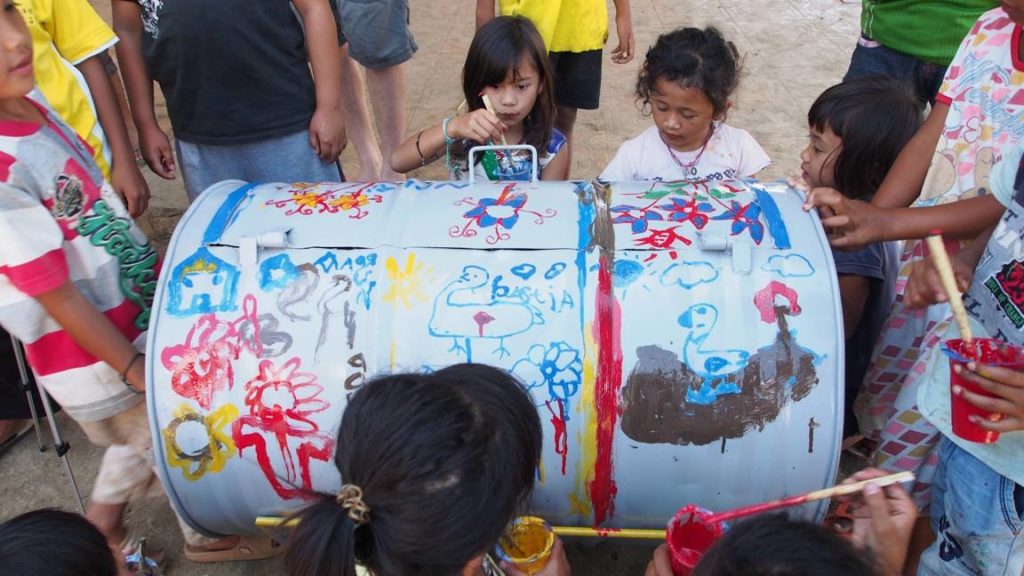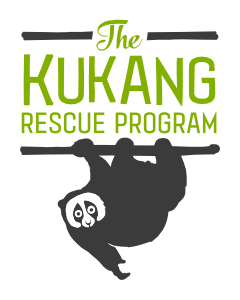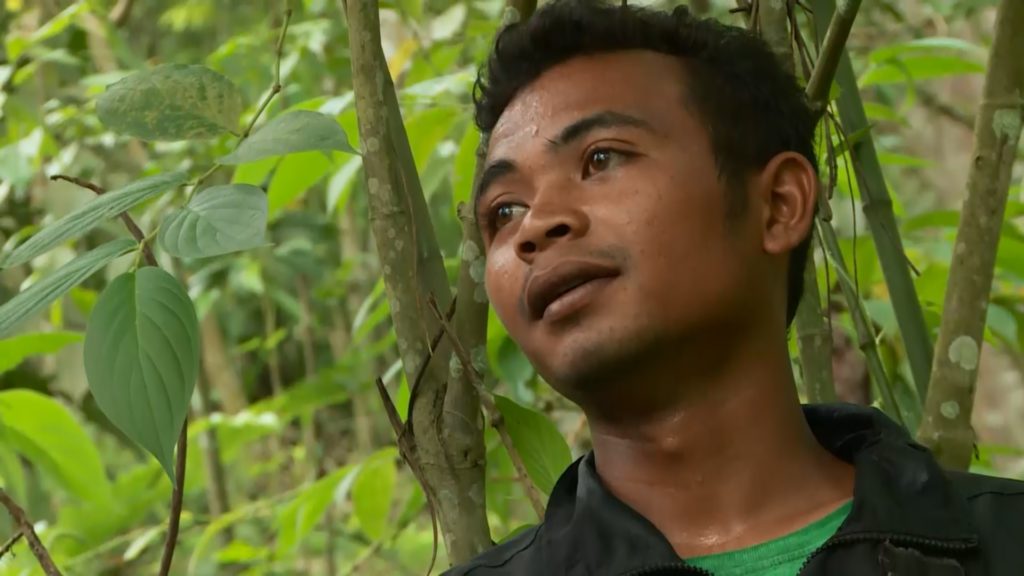Conservation of slow lorises in Sumatra is not just about confiscating animals from black markets or habitat protection, but also about reduction of hunting pressure by working with local communities. Each day this week we will have a guest blog from of our project partners. Today’s blog is by Frantisek Pribrsky from The Kukang Rescue Program
The Kukang Rescue Program was established as a response to the issue of illegal trade in protected and endangered greater and Sumatran slow lorises (N. coucang and N. hilleri) in Sumatra, Indonesia. To reduce this trade, we cooperate with local government agencies on confiscating slow lorises from black markets, run a rescue and rehabilitation centre for confiscated slow lorises, raise awareness about the illegal wildlife trade and slow loris protection through operation of an English-environmental school for children, giving lectures etc. (more on our activities can be found here ).
During the years of work in Sumatra, we found out that there is another important activity to focus on if we want to protect slow lorises complexly and effectively, and that is community engagement. Its importance can be shown by the example of the story of a young farmer named Kaban. He lives in a village located in the area which we are currently evaluating as suitable or unsuitable for releasing rehabilitated slow lorises from our rescue centre.
To create a good relationship with people from the village, we have built a small environmentally-focused library for children, helped farmers solve conflicts with wild animals on their fields, and launched a new project of waste reduction and sorting. Until recently, Kaban used to make extra money from hunting slow lorises. In a good month, he was able to catch up to 20 of them. However, Kaban actually likes animals and nature, and thanks to his very good skills of searching for animals and moving in the forest, he was an ideal adept for becoming our new field assistant, and thus a protector of slow lorises and other animals. Kaban really liked the idea of him working on protection of wild animals instead of hunting them for little money sufficient only for a few glasses of alcohol. Nowadays, he is a stable member of our field team. Furthermore, his story and his new attitude have changed the thinking of the whole village. Kaban’s story is shortly mentioned in the Czech reportage with English subtitles here.
By supporting the local community, step by step we are creating a safe reclaimed paradise for slow lorises which were lucky enough to be taken from hands of traffickers and traders to get a new chance of returning to the wild where they undoubtedly belong.


